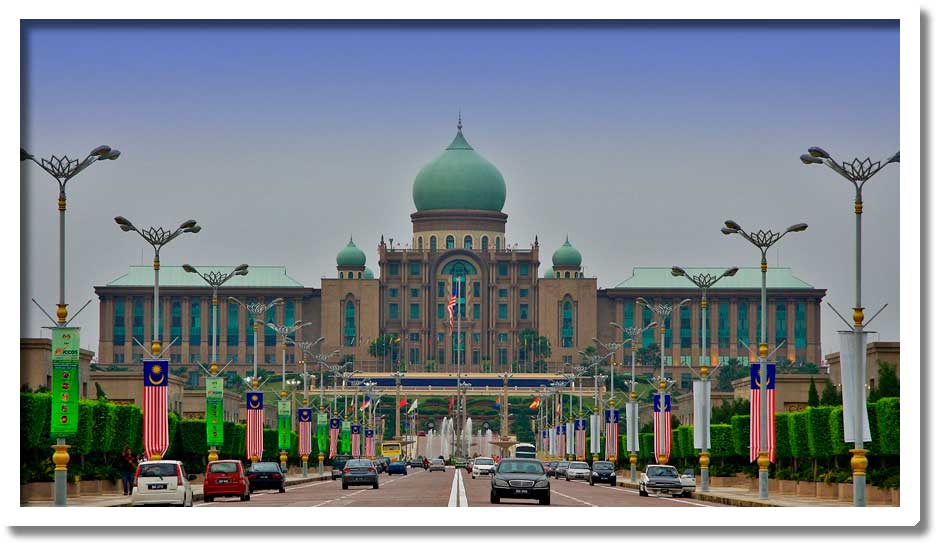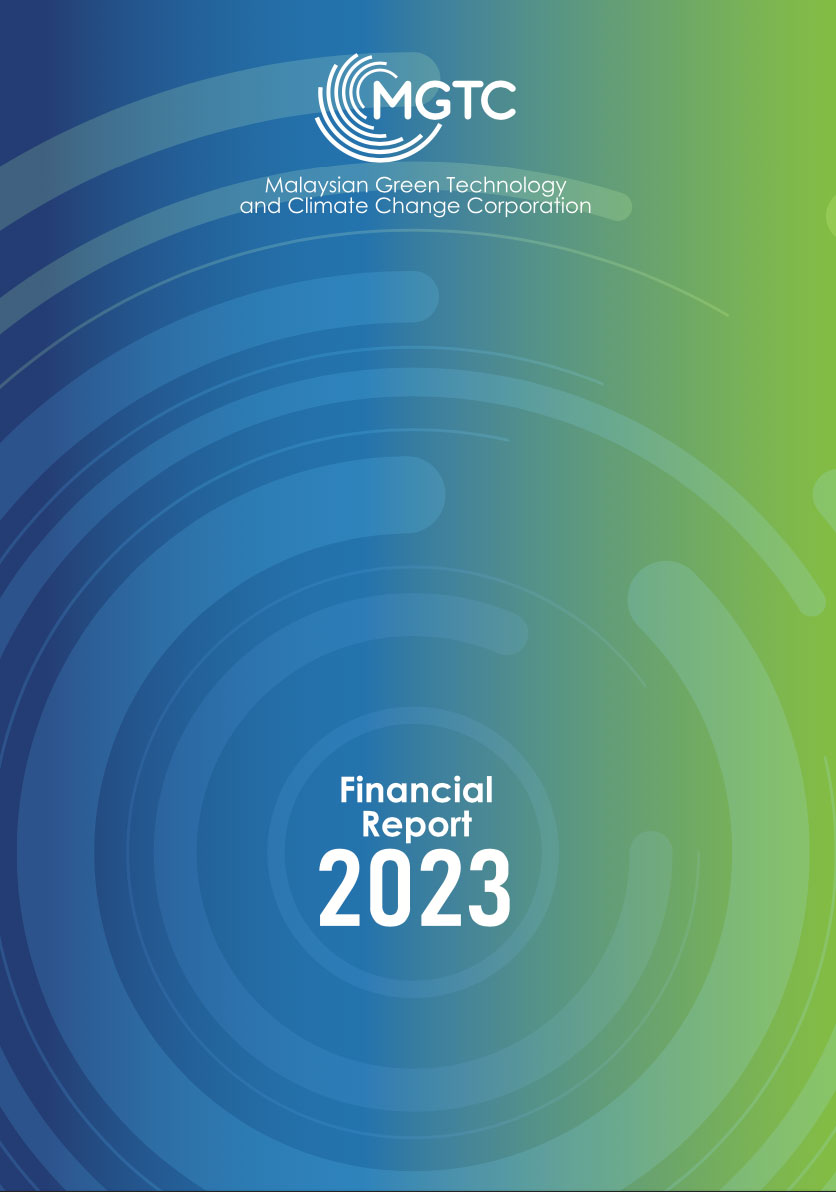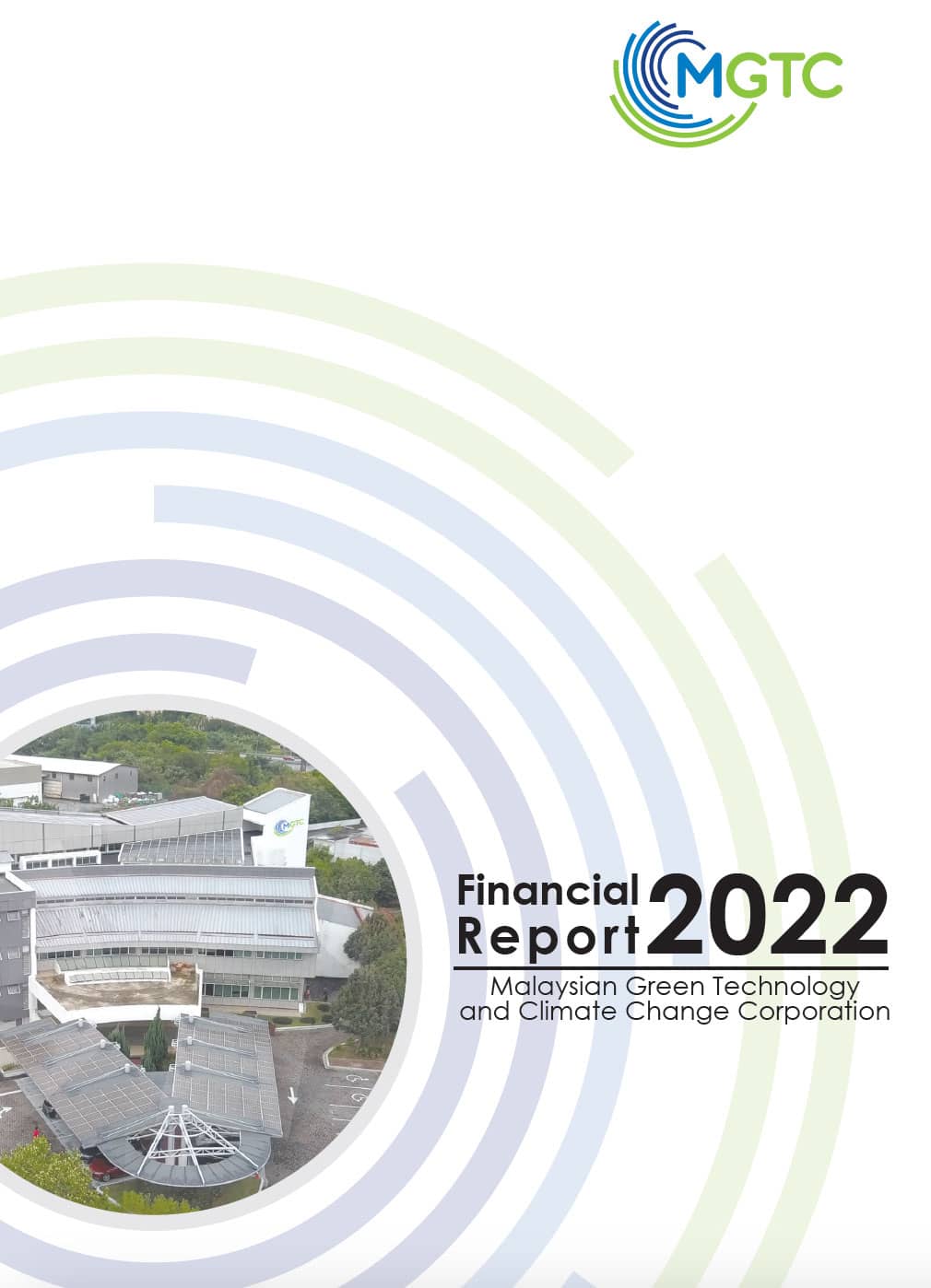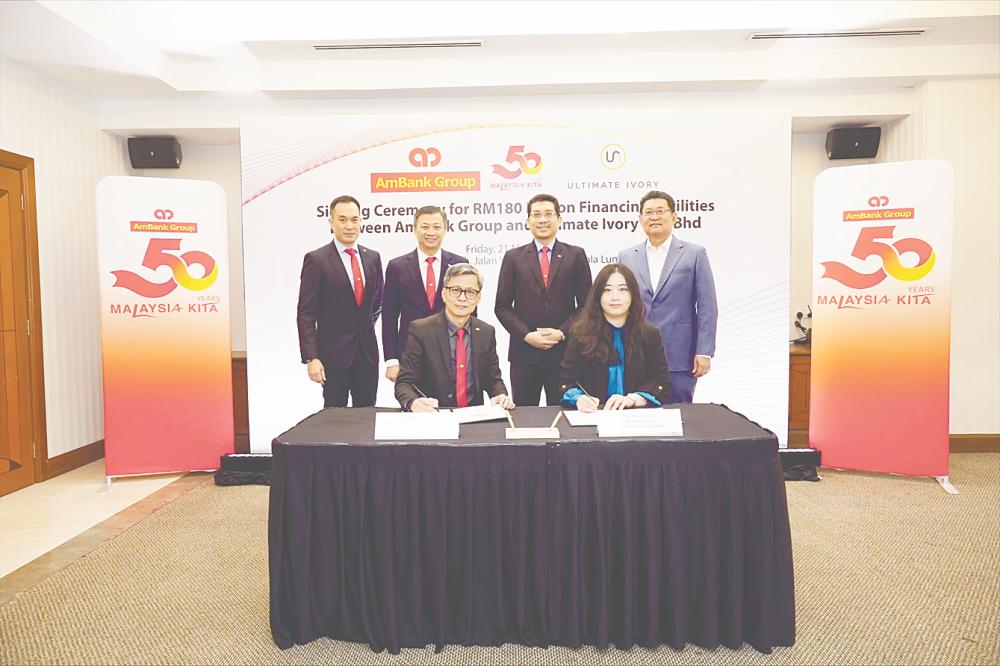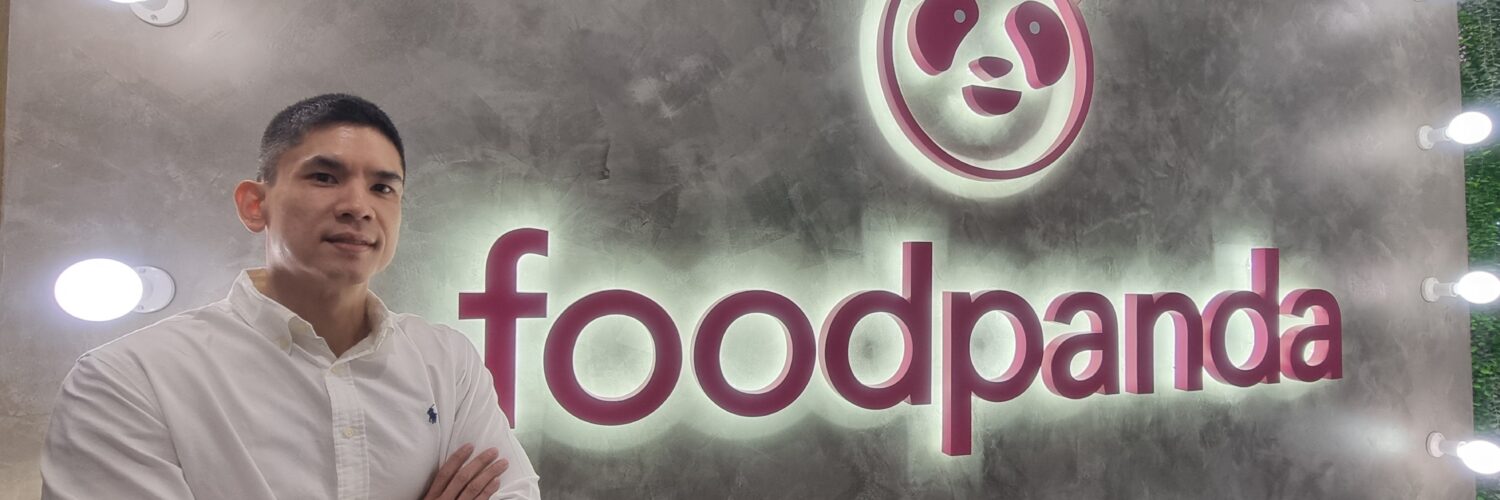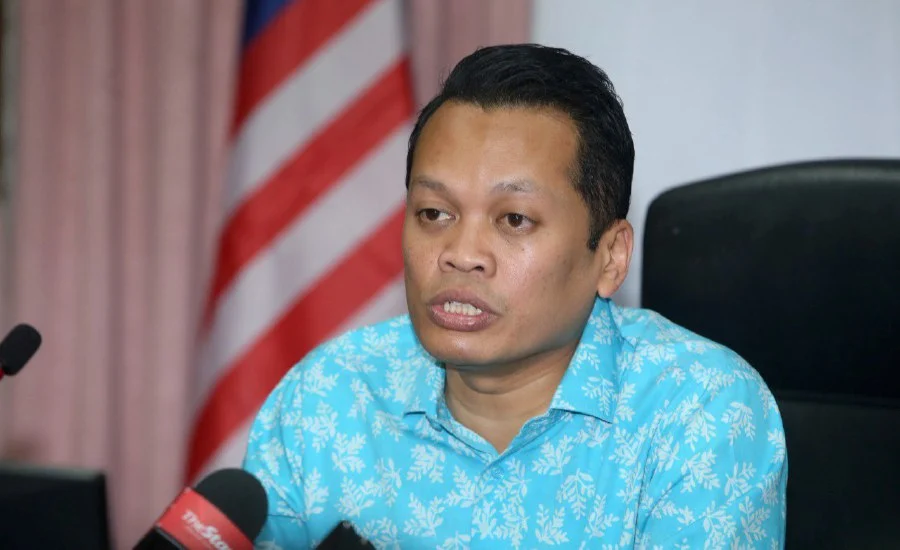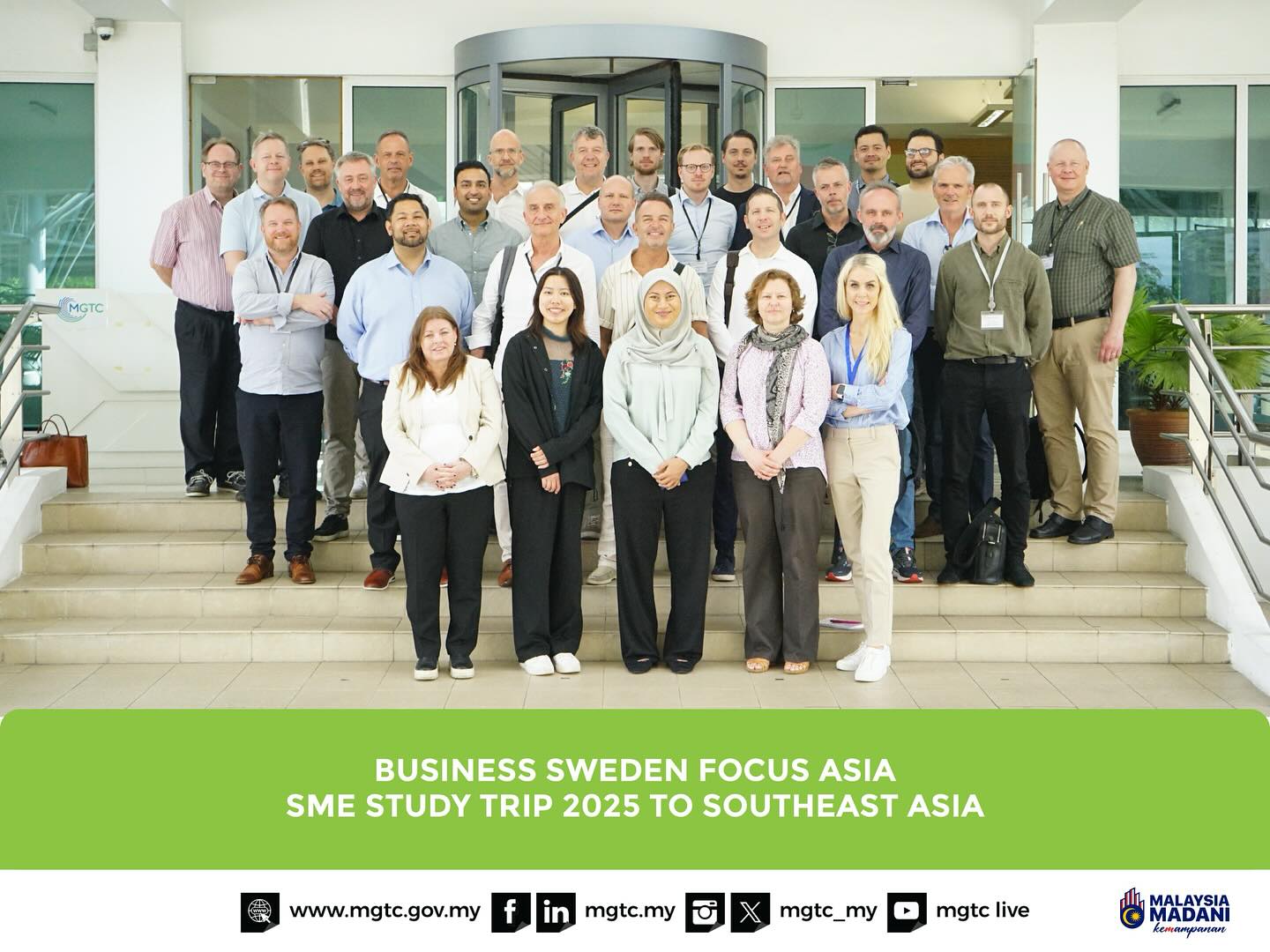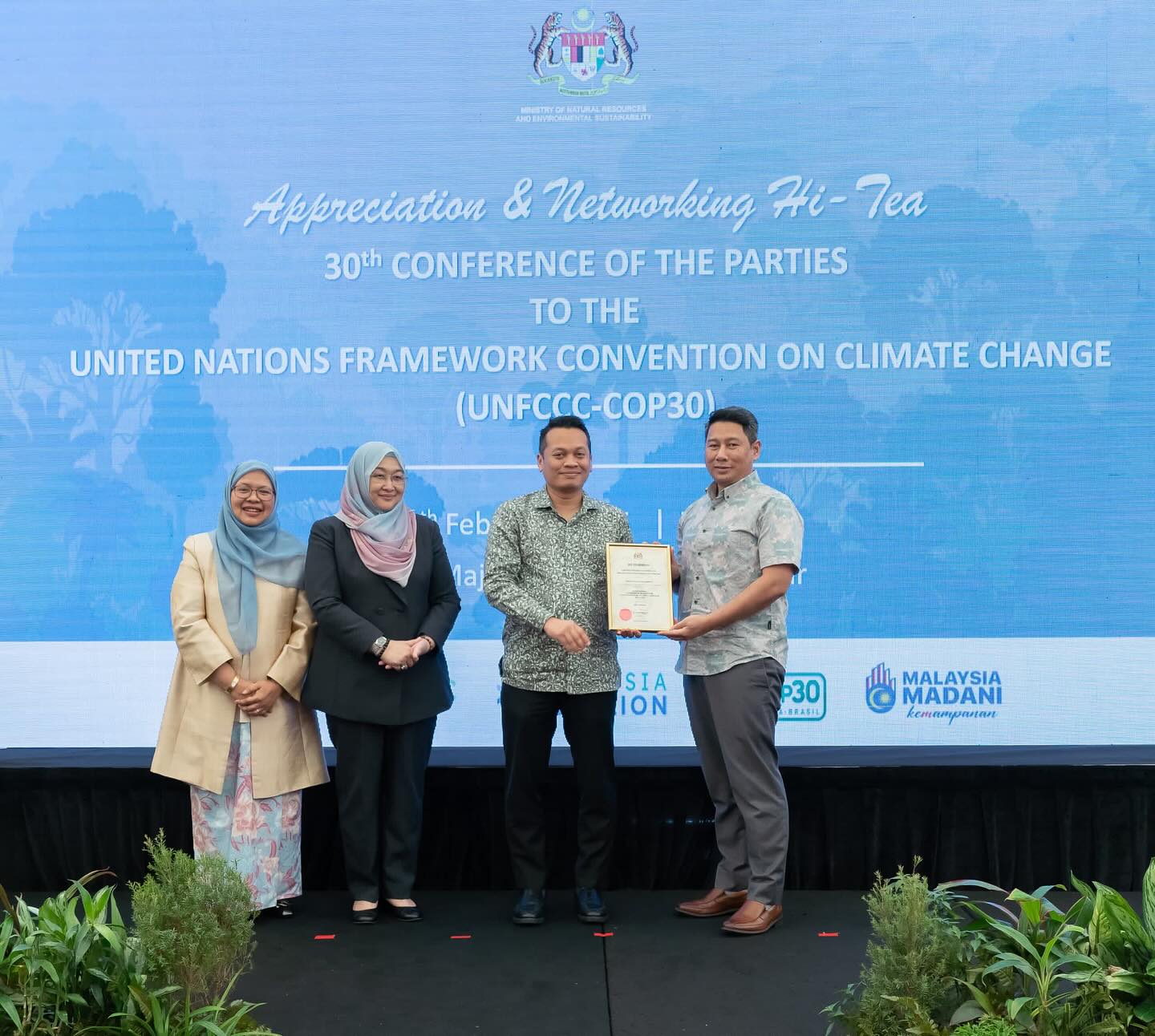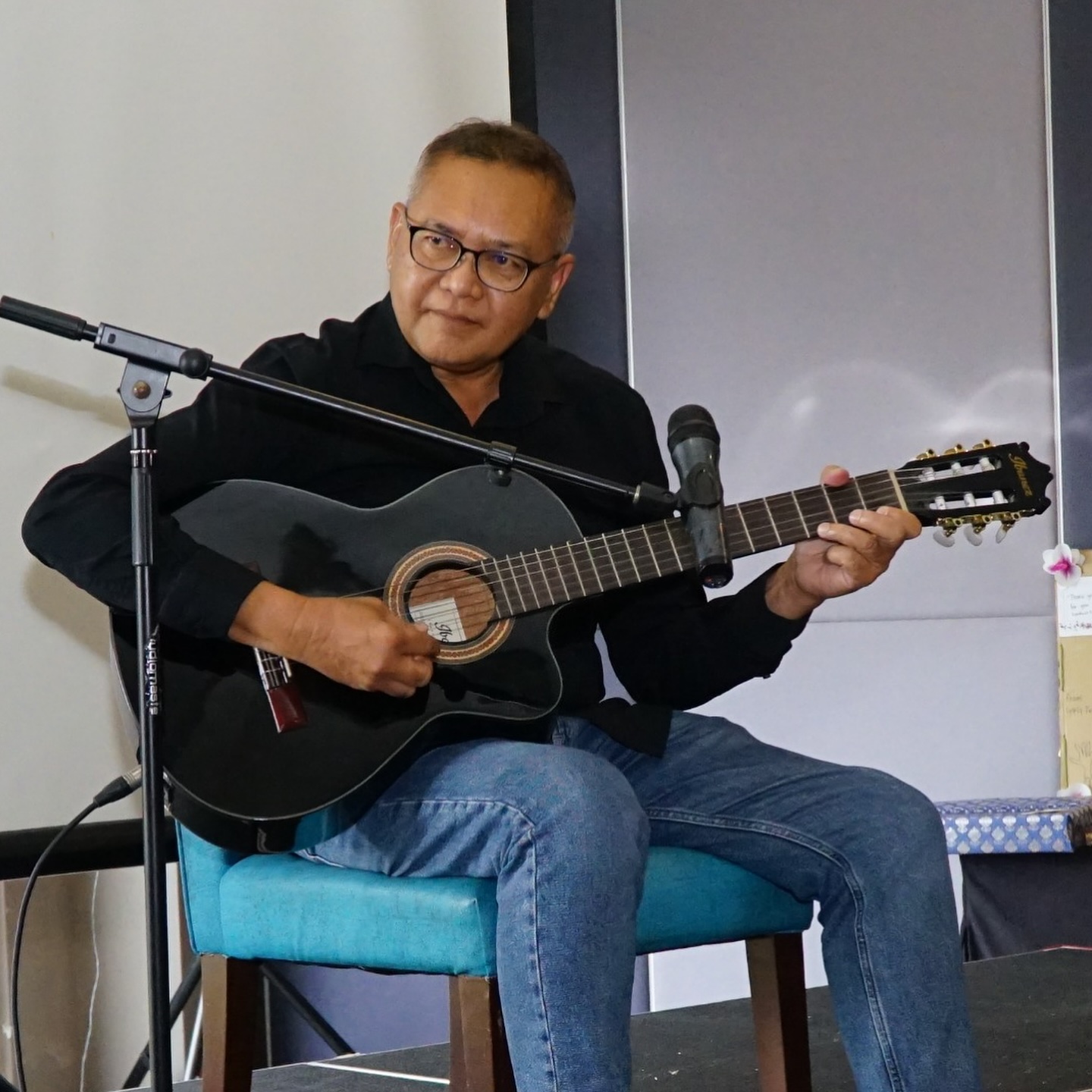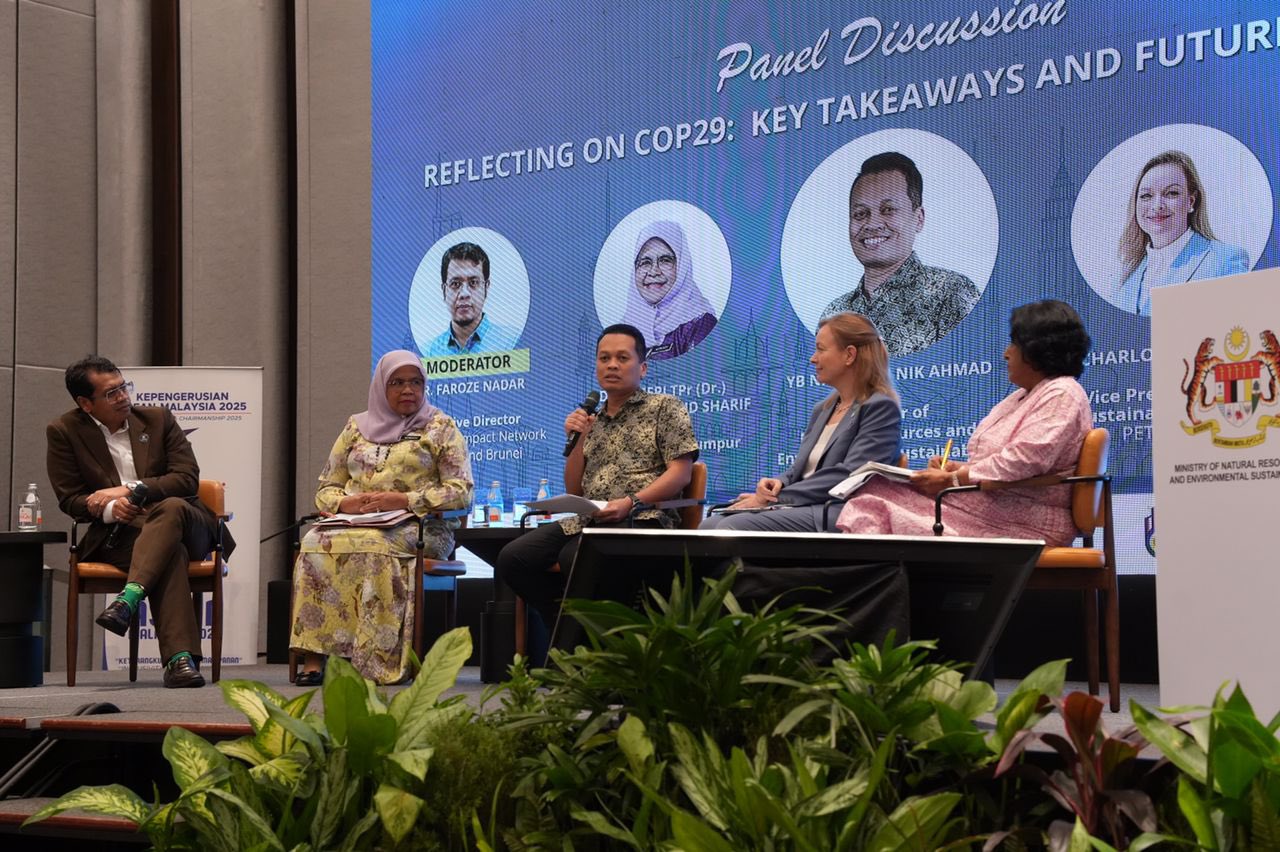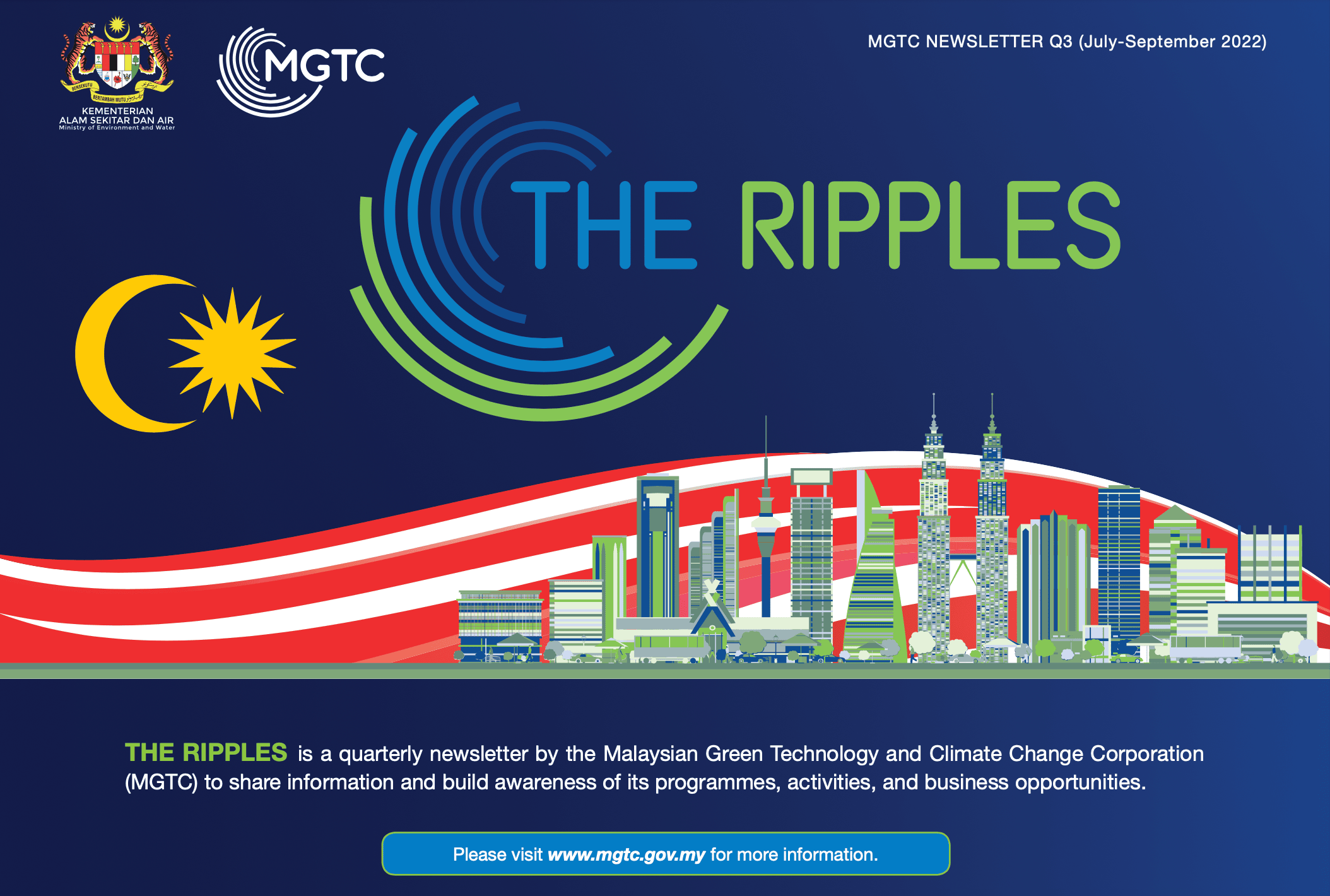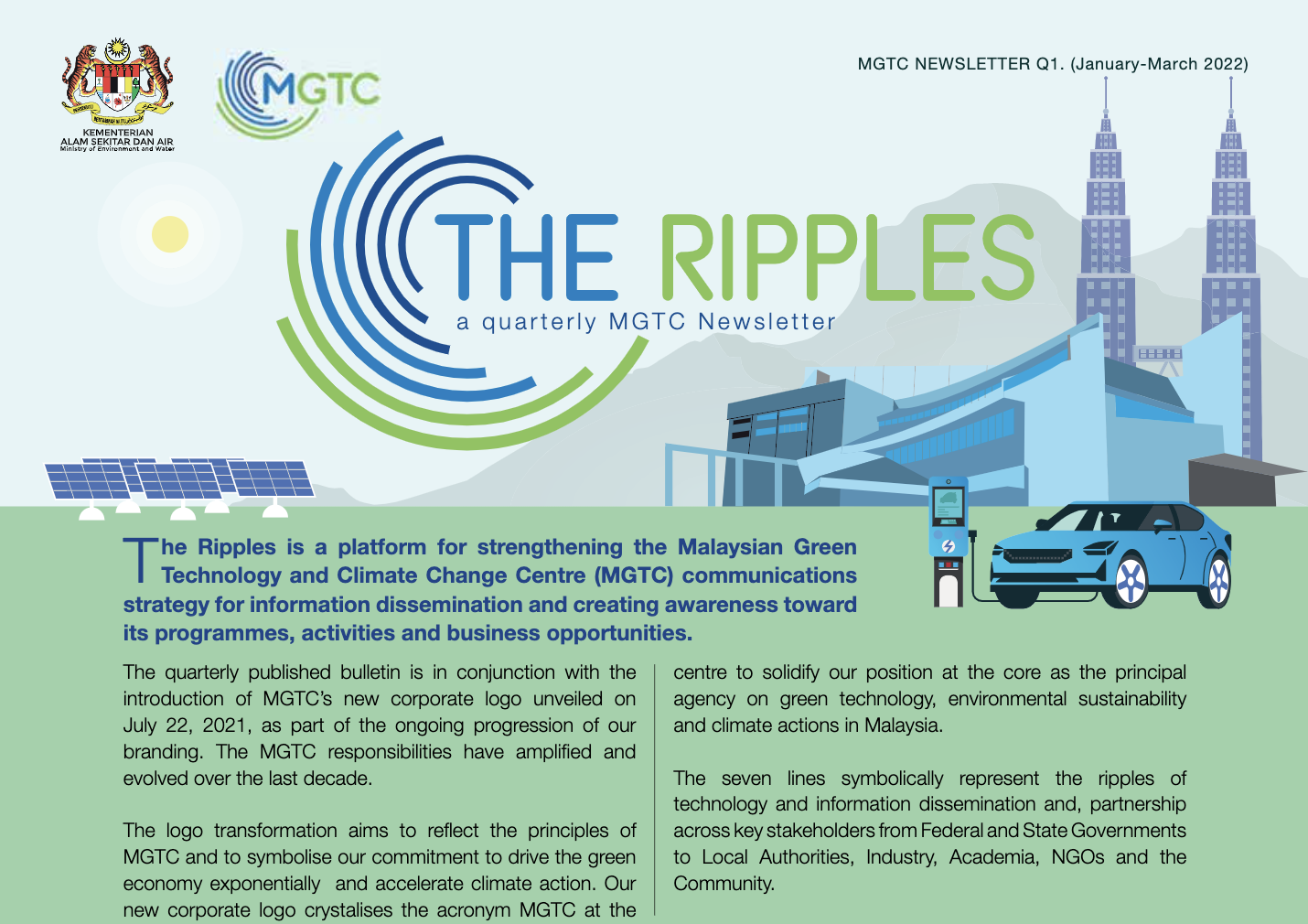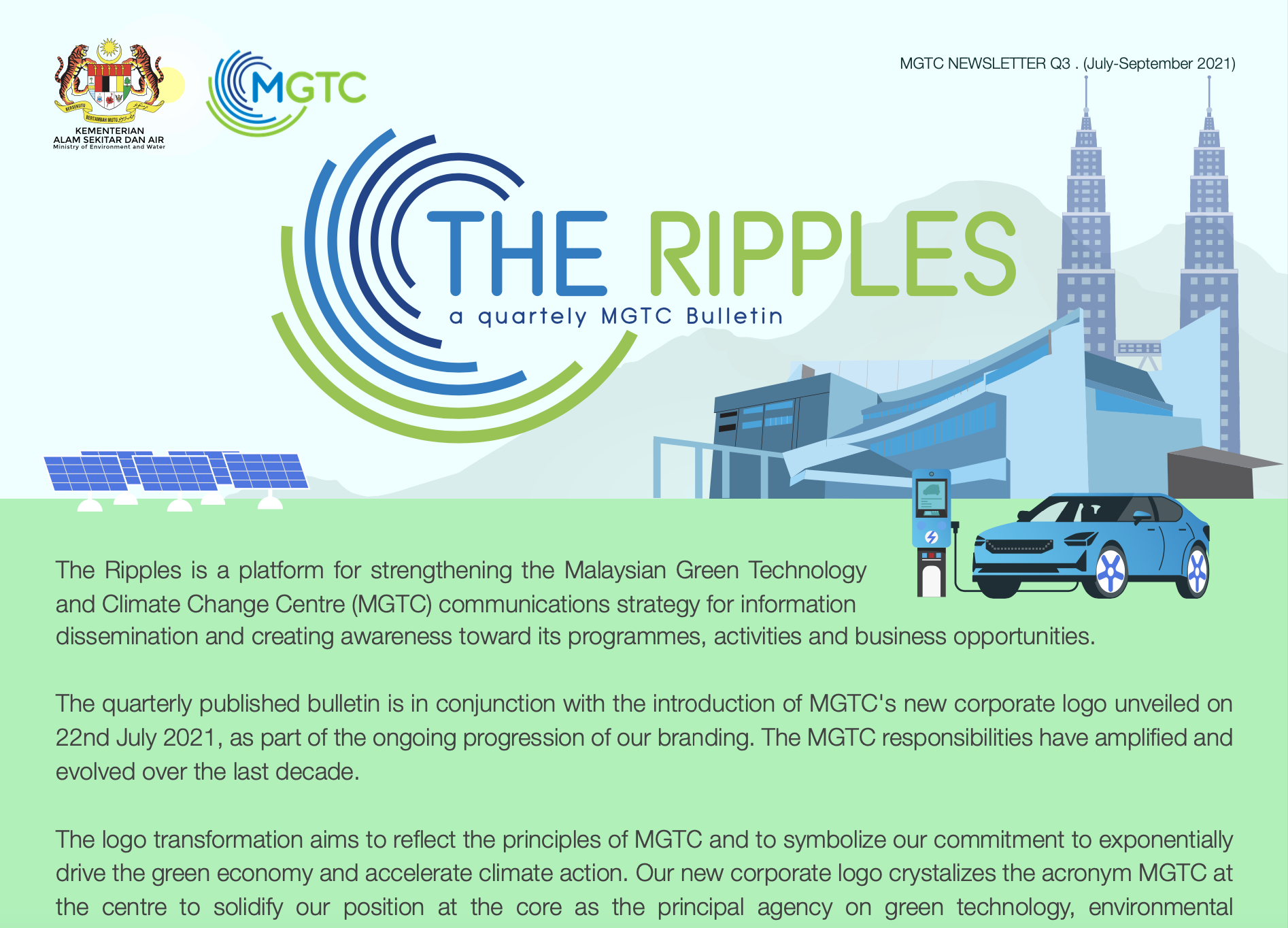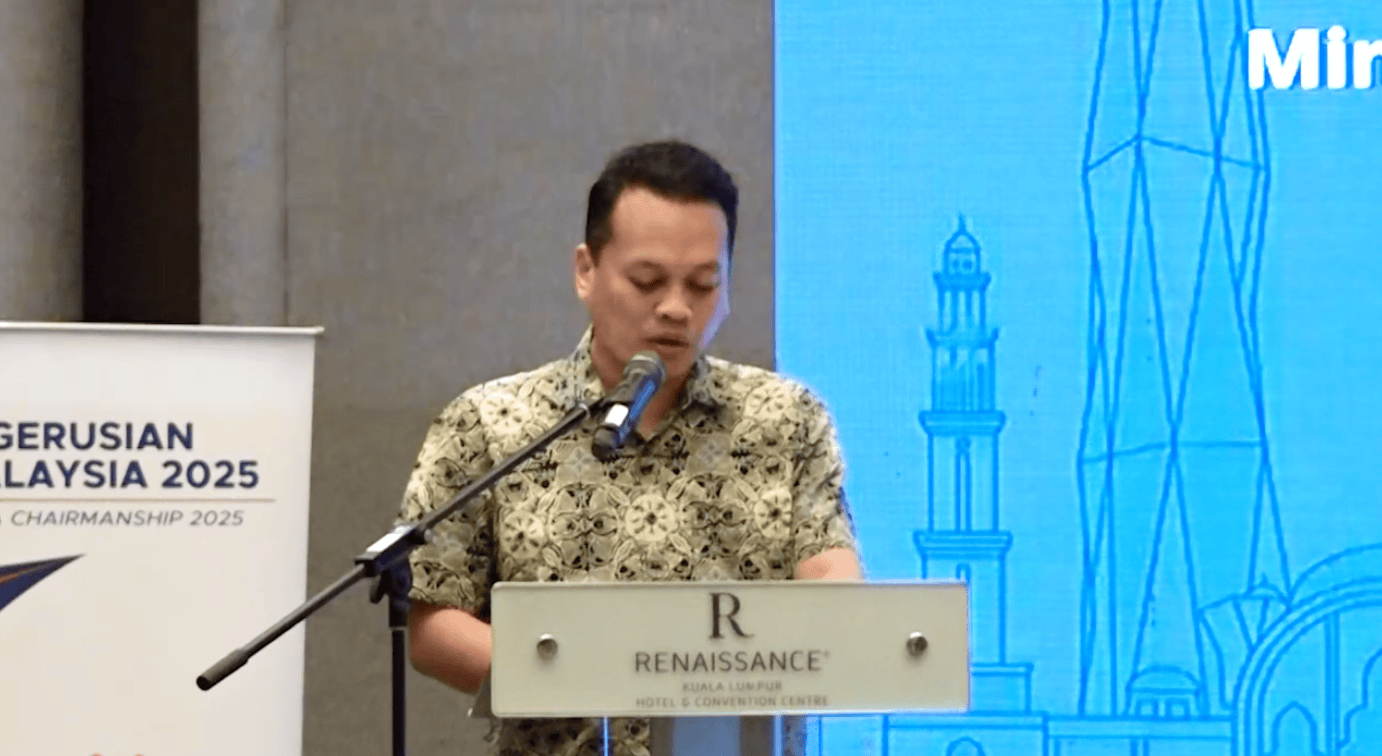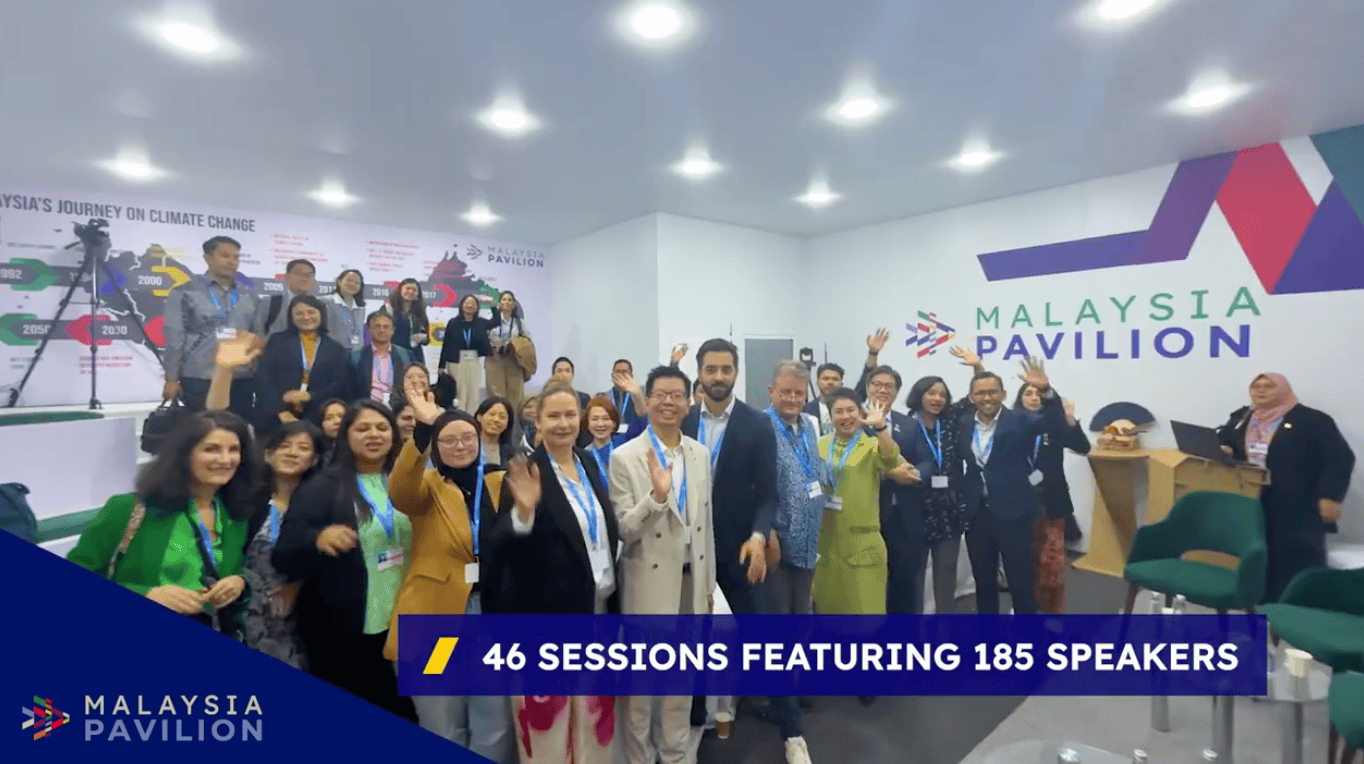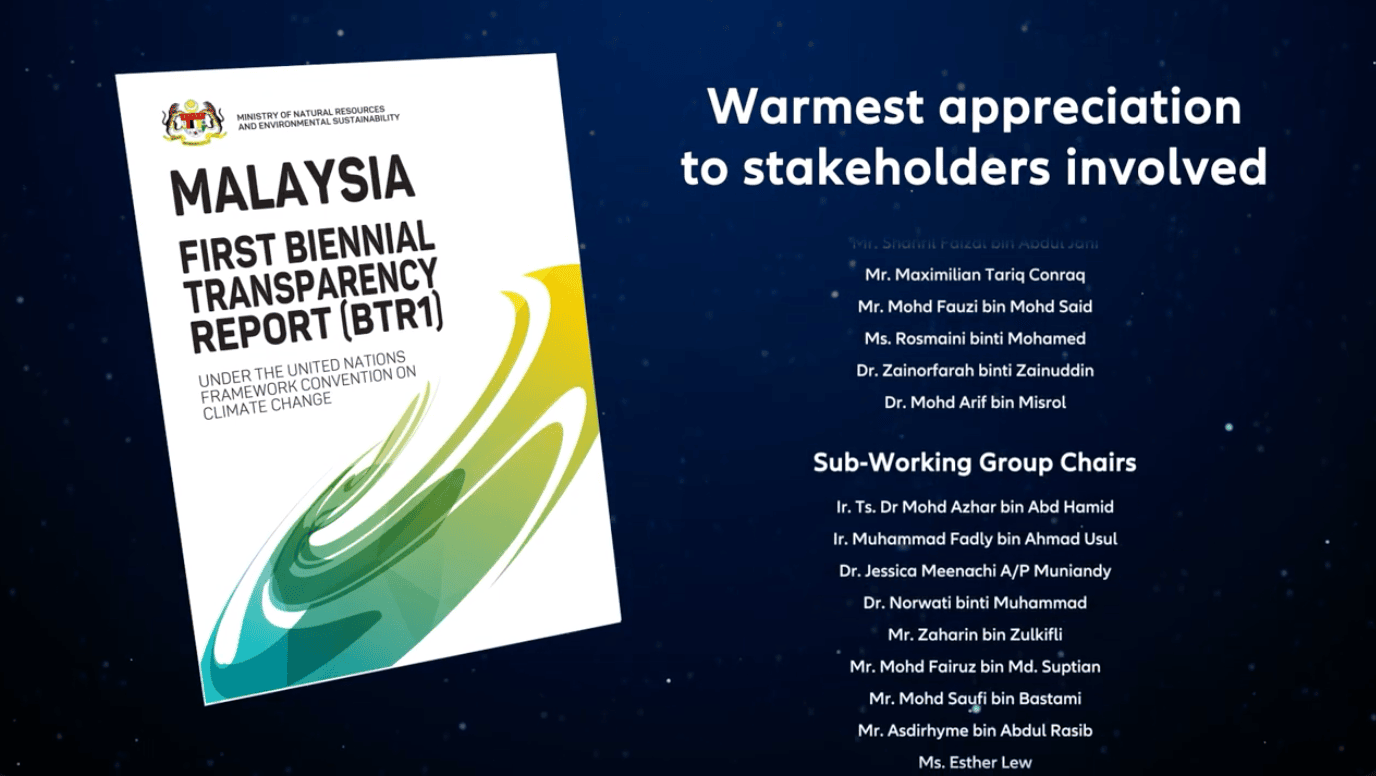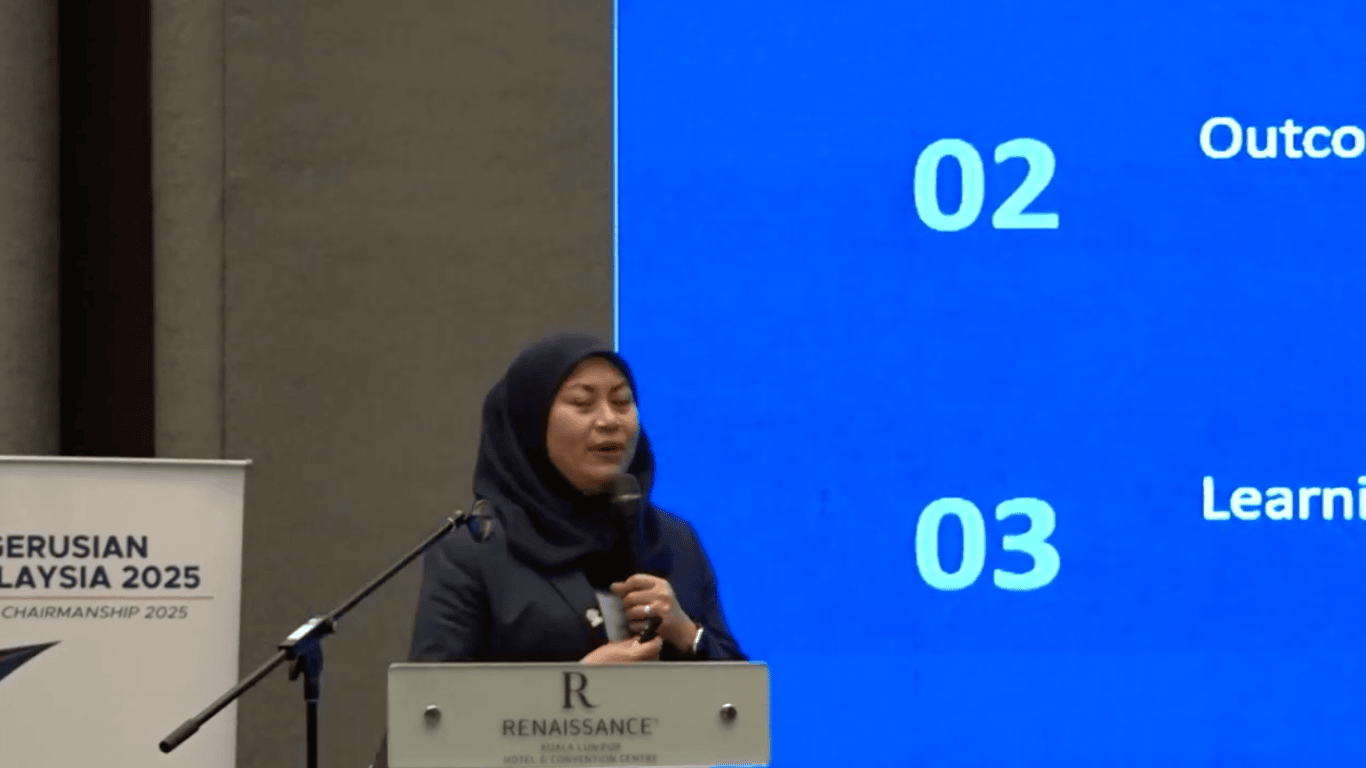McKinsey joined government and industry leaders in Kuala Lumpur to drive progress towards achieving the region’s clean energy transition goals.
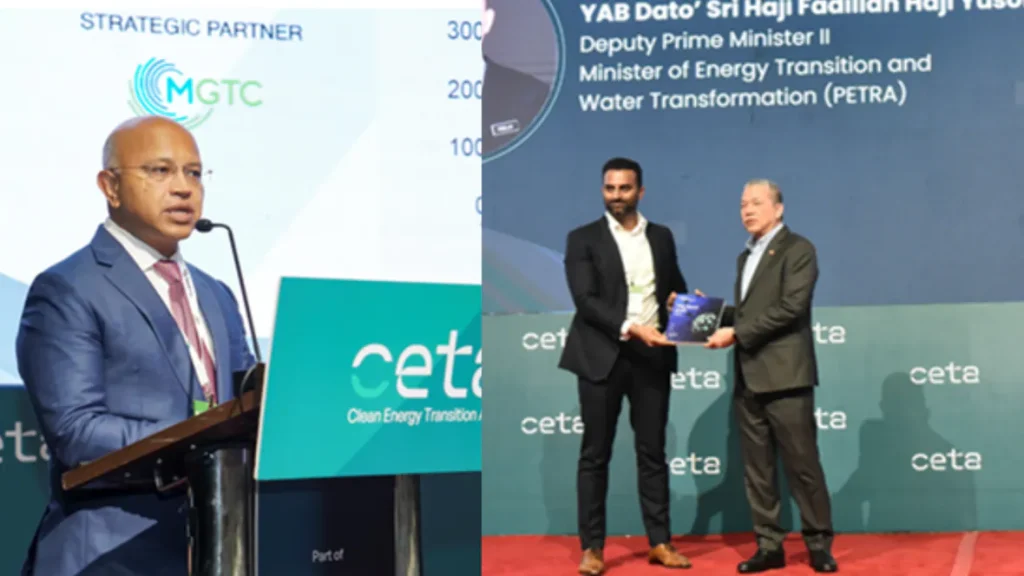
McKinsey’s participation in this year’s Clean Energy Transition Asia (CETA) Summit, held on October 9–11 in Kuala Lumpur, Malaysia, was a memorable moment for the firm and the region’s energy sector. As the summit’s knowledge partner, McKinsey was at the forefront of discussions, shaping the dialogue around sustainable energy practices and strategies necessary for a successful energy transition in Southeast Asia.
The summit provided McKinsey with a platform to deliver a plenary keynote, where Kaushik Das presented a roadmap that could take the Asia–Pacific region to net zero and the outlook from 2030, to an audience comprising government leaders, business decision-makers and influencers in public and private sector. Kaushik highlighted innovative strategies and practical solutions for accelerating the clean energy transition, emphasizing the firm’s deep understanding and commitment to this critical issue. He also shared McKinsey’s Climate Transition Impact Framework (C-TIF), a structured, forward looking approach that quantifies the socioeconomic impacts of climate action that can help climate action decision-makers design net-zero strategies.
In addition to the keynote, McKinsey’s involvement in various panels and presentations at the summit and a co-located e-mobility conference, Mobility X—where Rahul Gupta and Vishal Devarajan jointly spoke about the future of mobility trends in Southeast Asia—showcased our expertise in sustainable innovation and mobility trends. These sessions were crucial for sharing insights and fostering discussions on how new technologies and policies can be implemented effectively to meet the region’s unique energy needs.
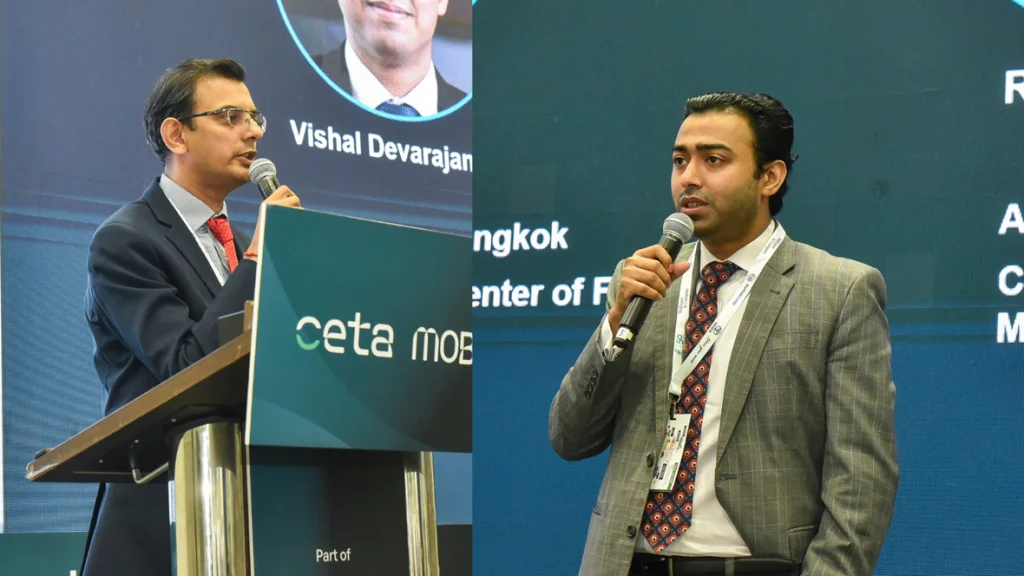
Rahul Gupta (left) and Vishal Devarajan (right) presenting at Mobility X.
Vaibhav Dua moderated a panel on building green businesses, with panelists from Gentari, the Malaysian Green Technology & Climate Change Corporation (MGTC), PNB, and TotalEnergies. They discussed strategies for how companies can overcome operational hurdles, attract investments, and achieve widespread adoption to scale green businesses effectively.
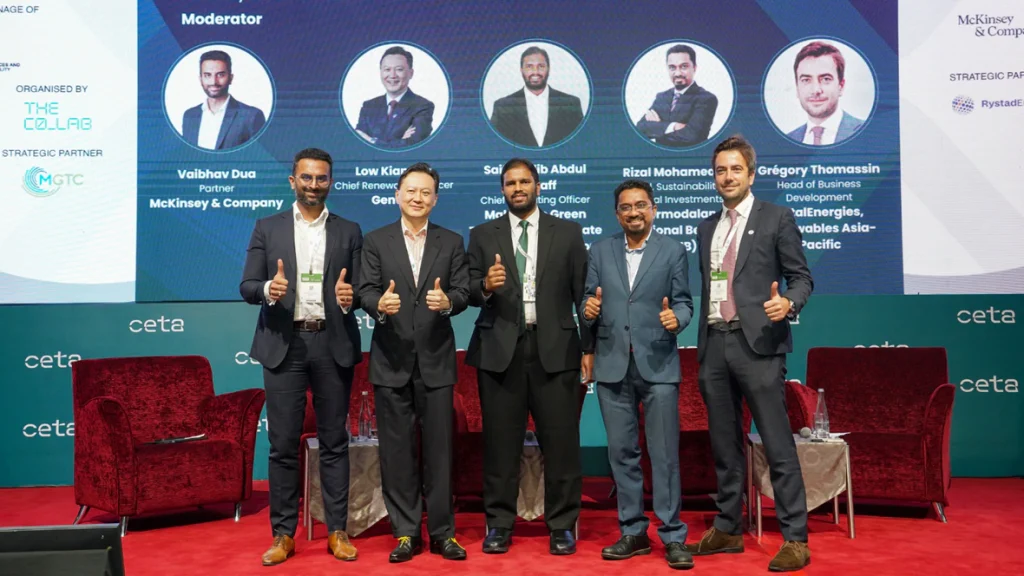
Left to right: Vaibhav Dua with Low Kian Min, Gentari; Saiful Adib Abdul Munaff, MGTC; Rizal Mohamed Ali, PNB; and Grégory Thomassin, TotalEnergies.
Rajat Agarwal steered a discussion on opportunities, key learnings, and potential breakthroughs that could help new energy ventures achieve scale in his panel with speakers from PETRONAS, TNB, and TotalEnergies. Chris Bradley from McKinsey Global Institute moderated a panel with speakers from Gentari, MGTC, NanoMalaysia, and Yinson GreenTech, who discussed success factors and enablers in the race towards Connected Autonomous Shared Electric (CASE) mobility.
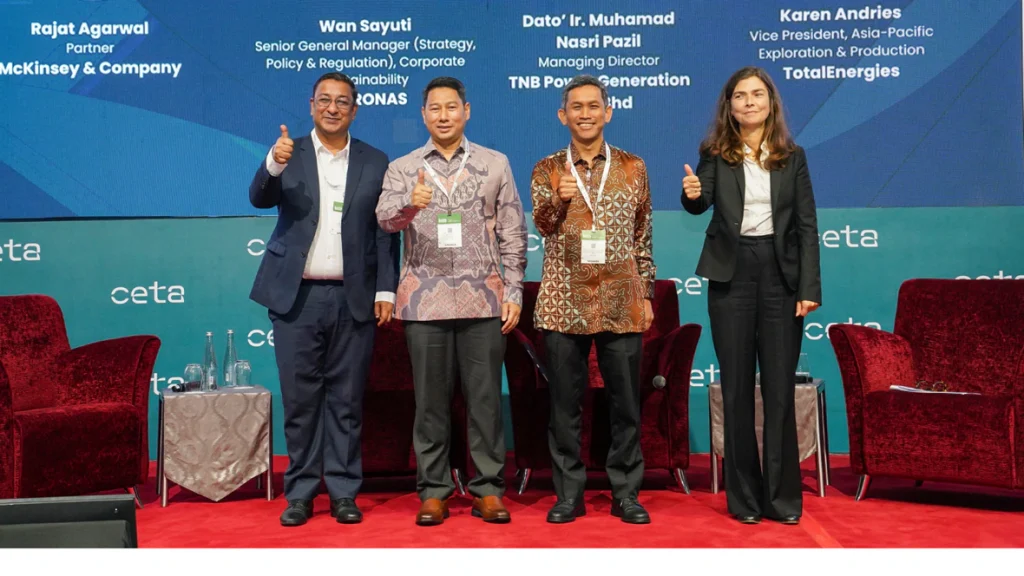
Left to right: Rajat Agarwal with Wan Sayuti, PETRONAS; Dato’ Ir. Muhamad Nasri Pazil, TNB; and Karen Andries, TotalEnergies.
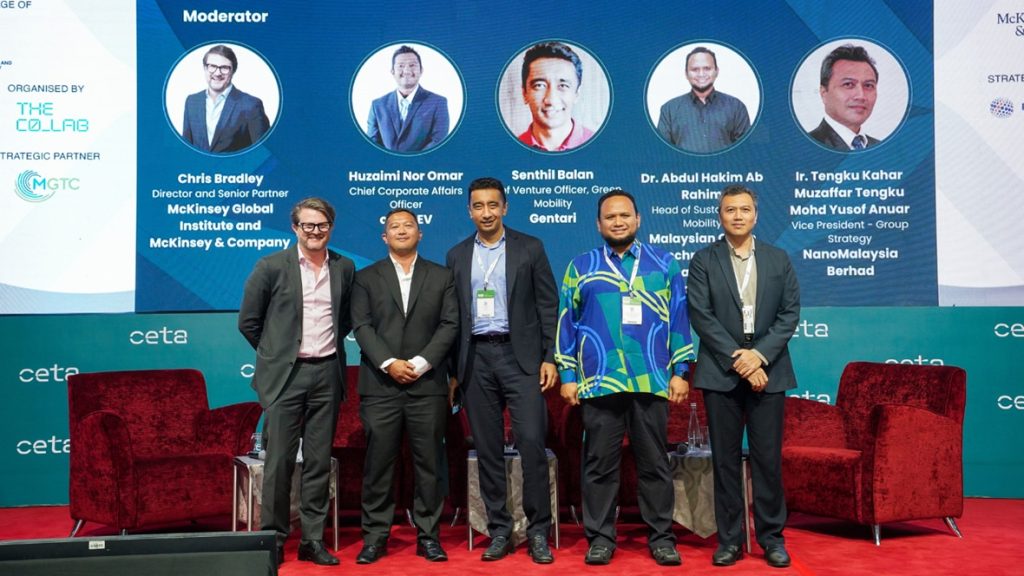
Left to right: Chris Bradley with Huzaimi Nor Omar, chargeEV; Senthil Balan, Gentari; Dr. Abdul Hakim Ab Rahim, MGTC; and Ir. Tengku Kahar Muzaffar Tengku Mohd Yusoh Anuar, NanoMalaysia.
One of the highlights of McKinsey’s participation was our role in closed-door roundtables with key government and business leaders. These exclusive sessions allowed for in-depth discussions on specific challenges and opportunities in the energy sector, positioning McKinsey as a thought leader and trusted advisor in the region’s energy transition efforts.
Vidhya Ganesan had the privilege of speaking with YB Mohd Rafizi Ramli, Malaysia’s Minister of Economy, about decarbonization as an economic growth driver, and positioning Malaysia for leadership in ASEAN’s energy transition in 2025. Similarly, Enrico Furnari and Zarif Jamil met with YAB Dato’ Sri Fadillah Yusof, Deputy Prime Minister of Malaysia and Minister of Energy Transition and Water Transformation (PETRA), in a roundtable about collaboration and cross-border partnerships under Malaysia’s energy transition roadmap.
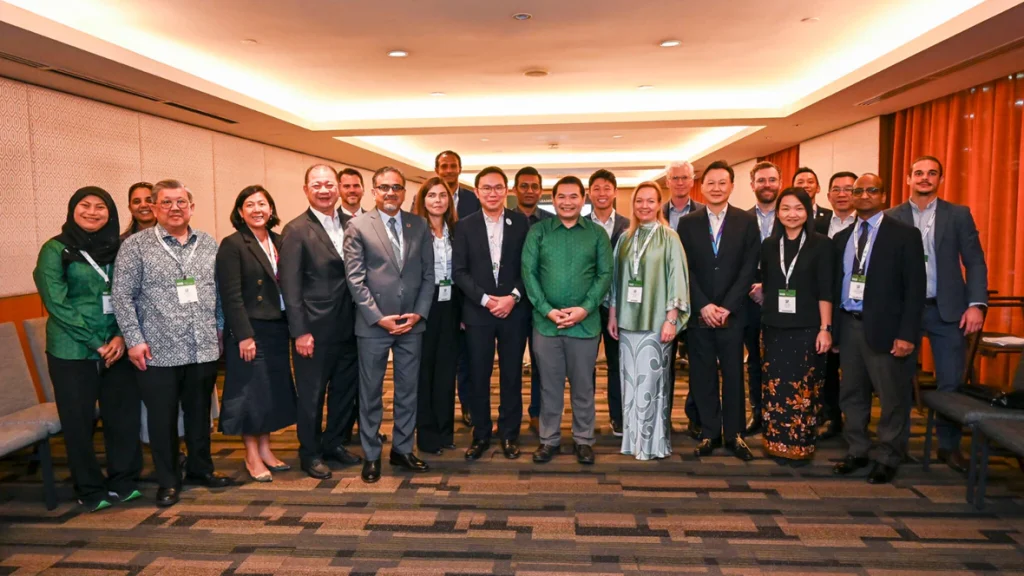
Vidhya Ganesan (second from left, back row) with the participants of a roundtable that included YB Mohd Rafizi Ramli, Malaysia’s Minister of Economy (center, in green).
Furthermore, McKinsey hosted an invite-only breakfast event, which served as a strategic networking opportunity. This gathering brought together industry leaders and decision-makers, facilitating meaningful interactions and discussions on advancing clean energy initiatives and exploring client development opportunities.
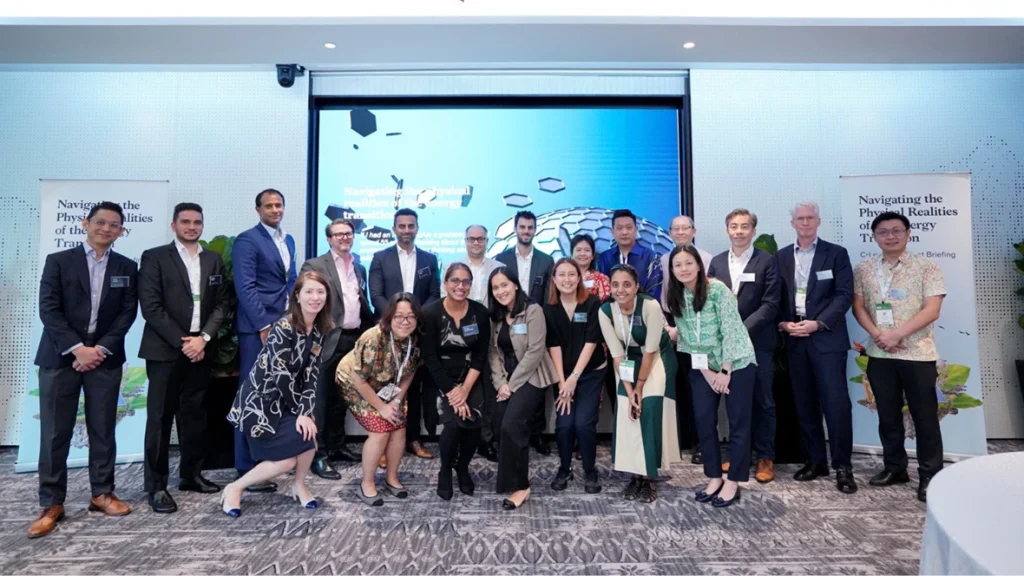
A breakfast hosted by McKinsey Global Institute
Overall, McKinsey’s active involvement in the CETA Summit demonstrated its commitment to supporting the region’s clean energy goals and contributing to a sustainable future. By driving critical conversations and providing actionable insights, this engagement underscored the importance of collaborative efforts in achieving the ambitious energy transition targets set by Southeast Asian nations.
Source: Mckinsey





